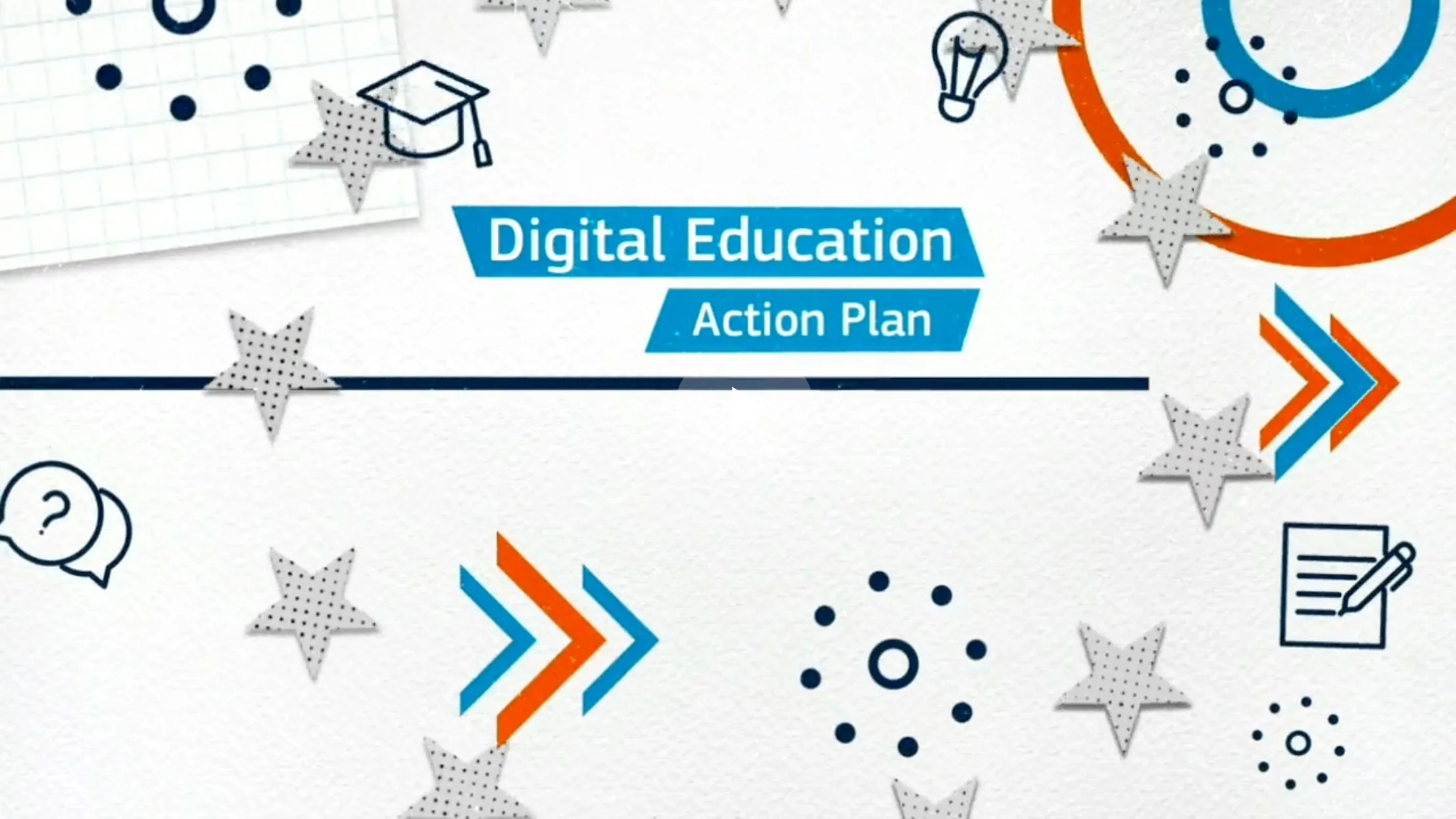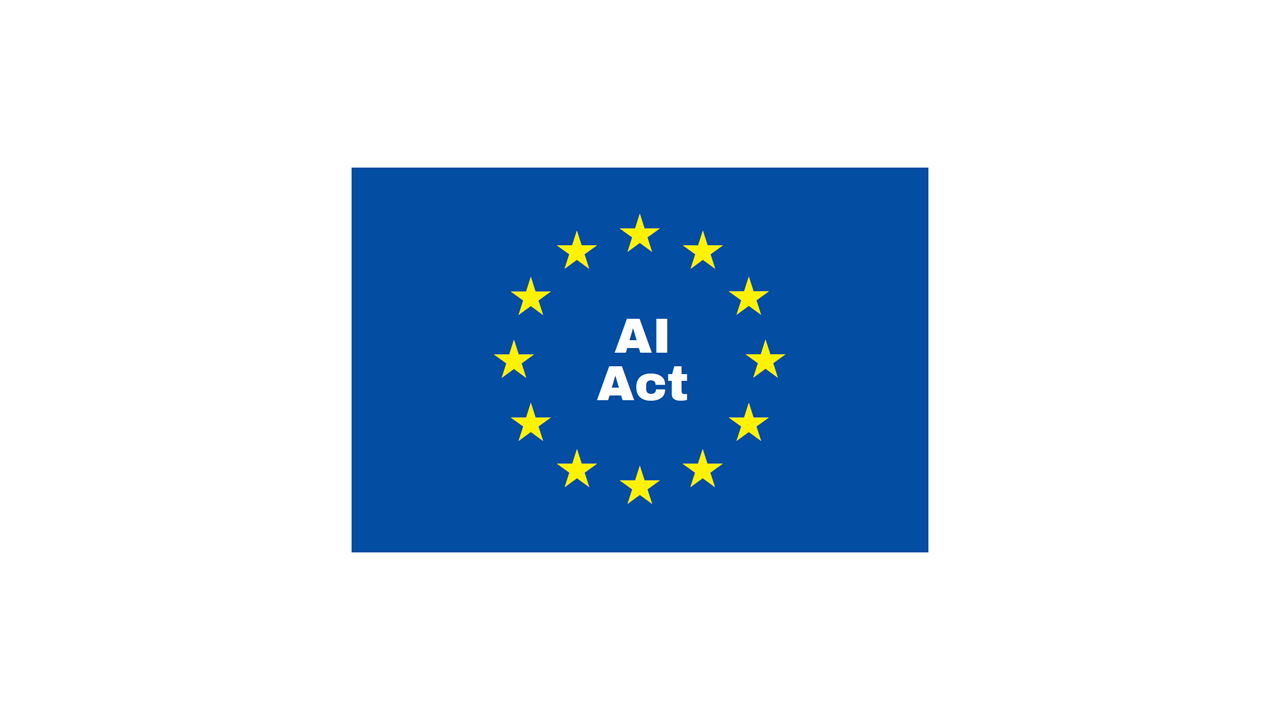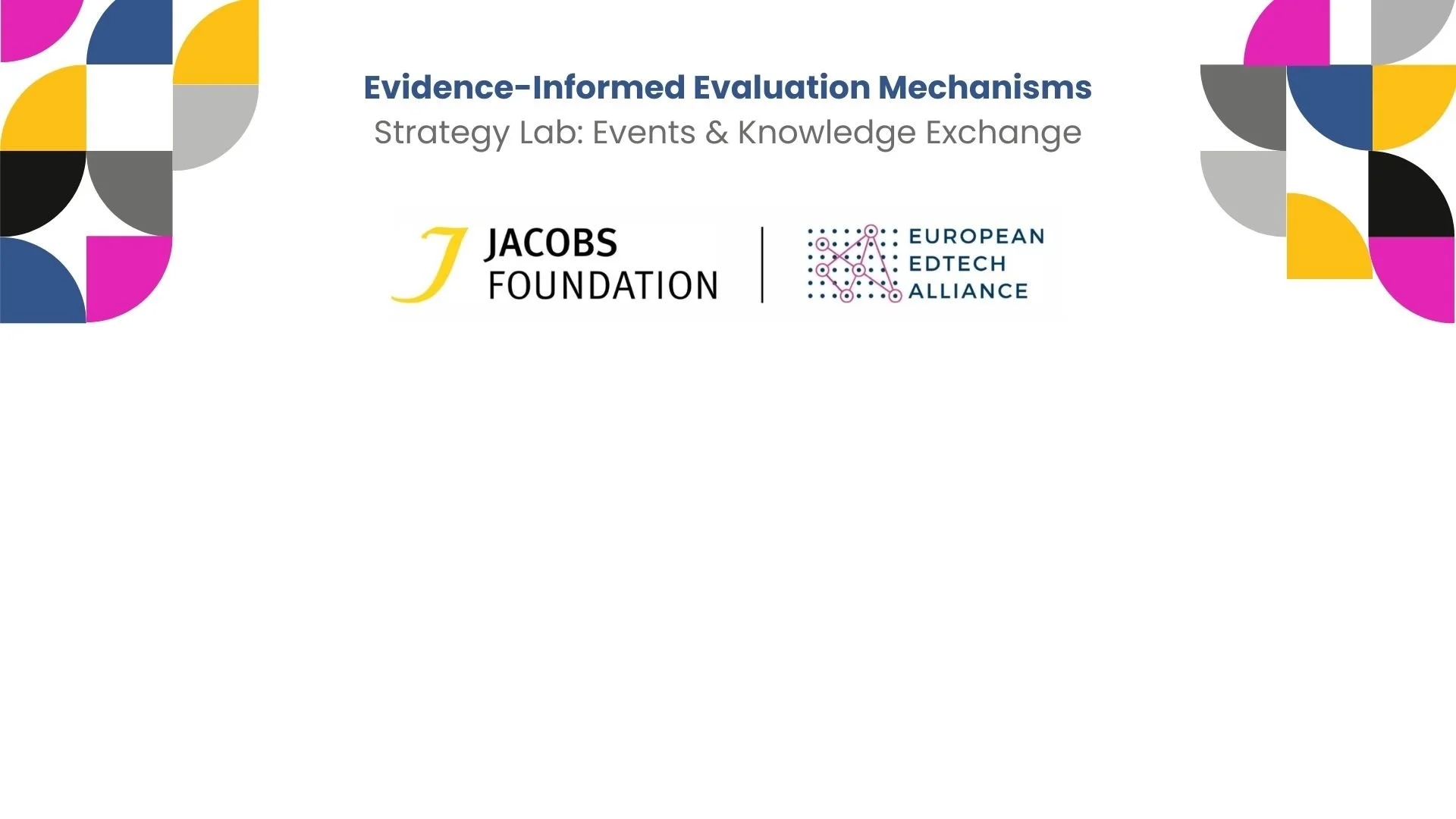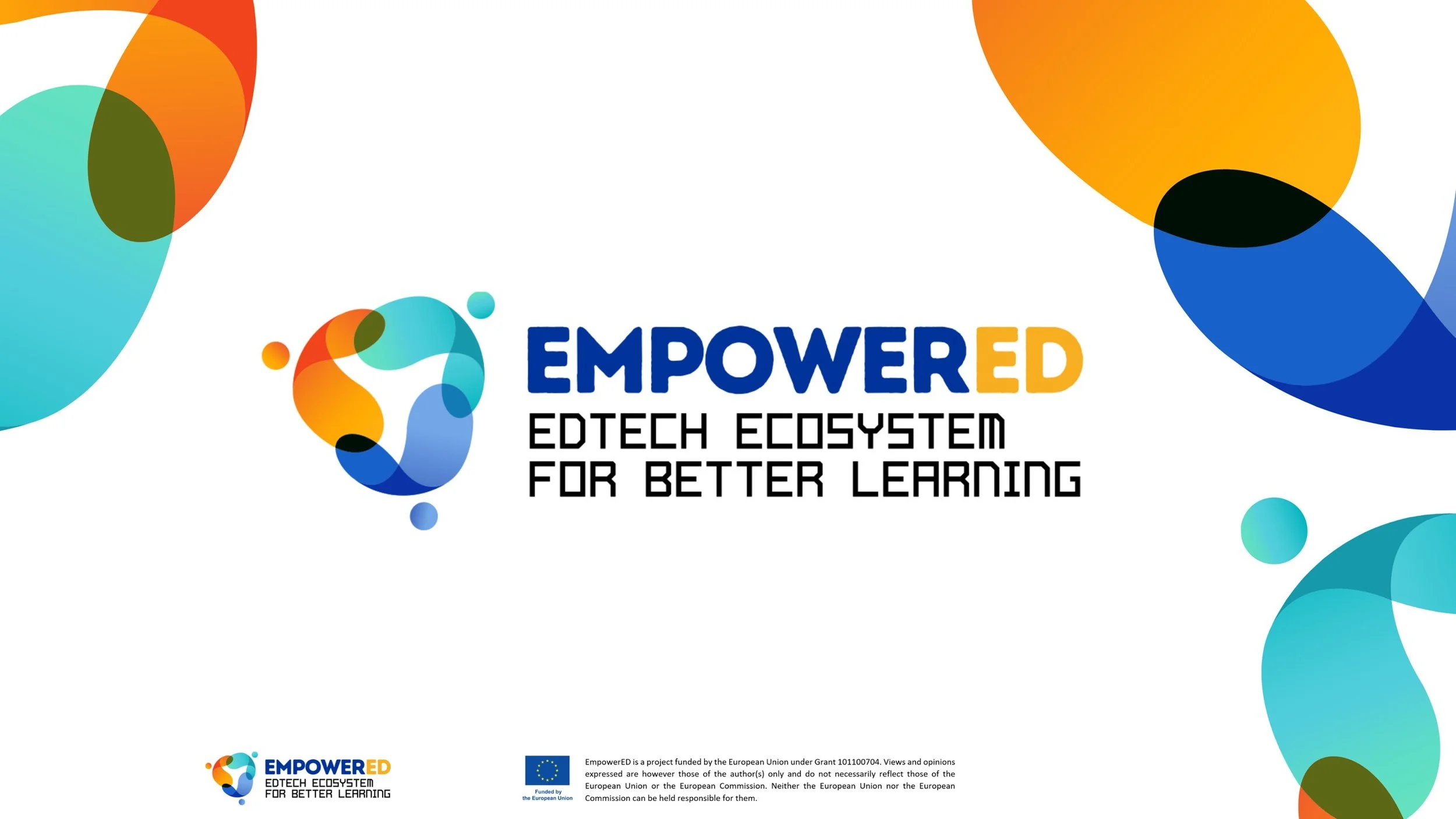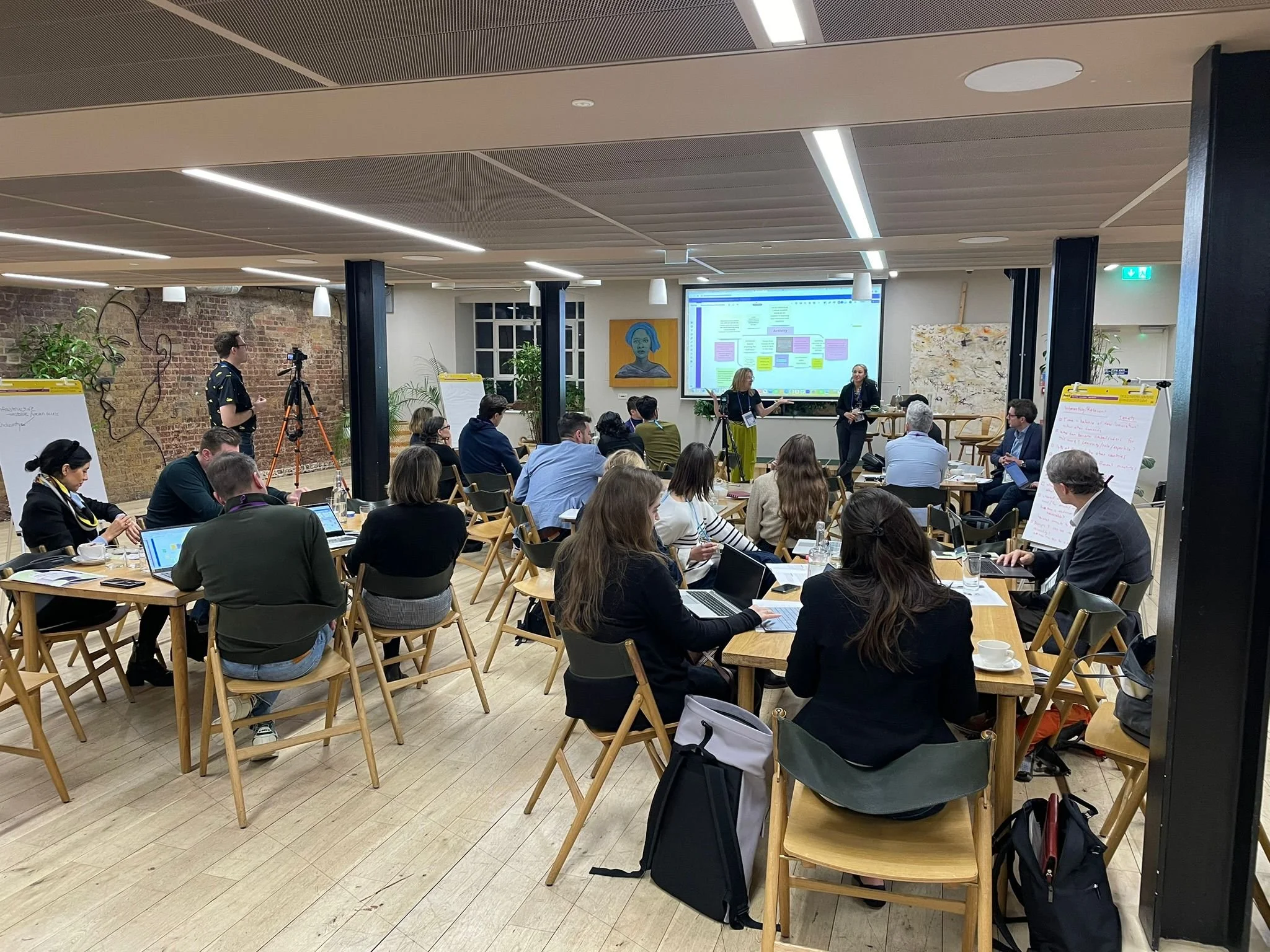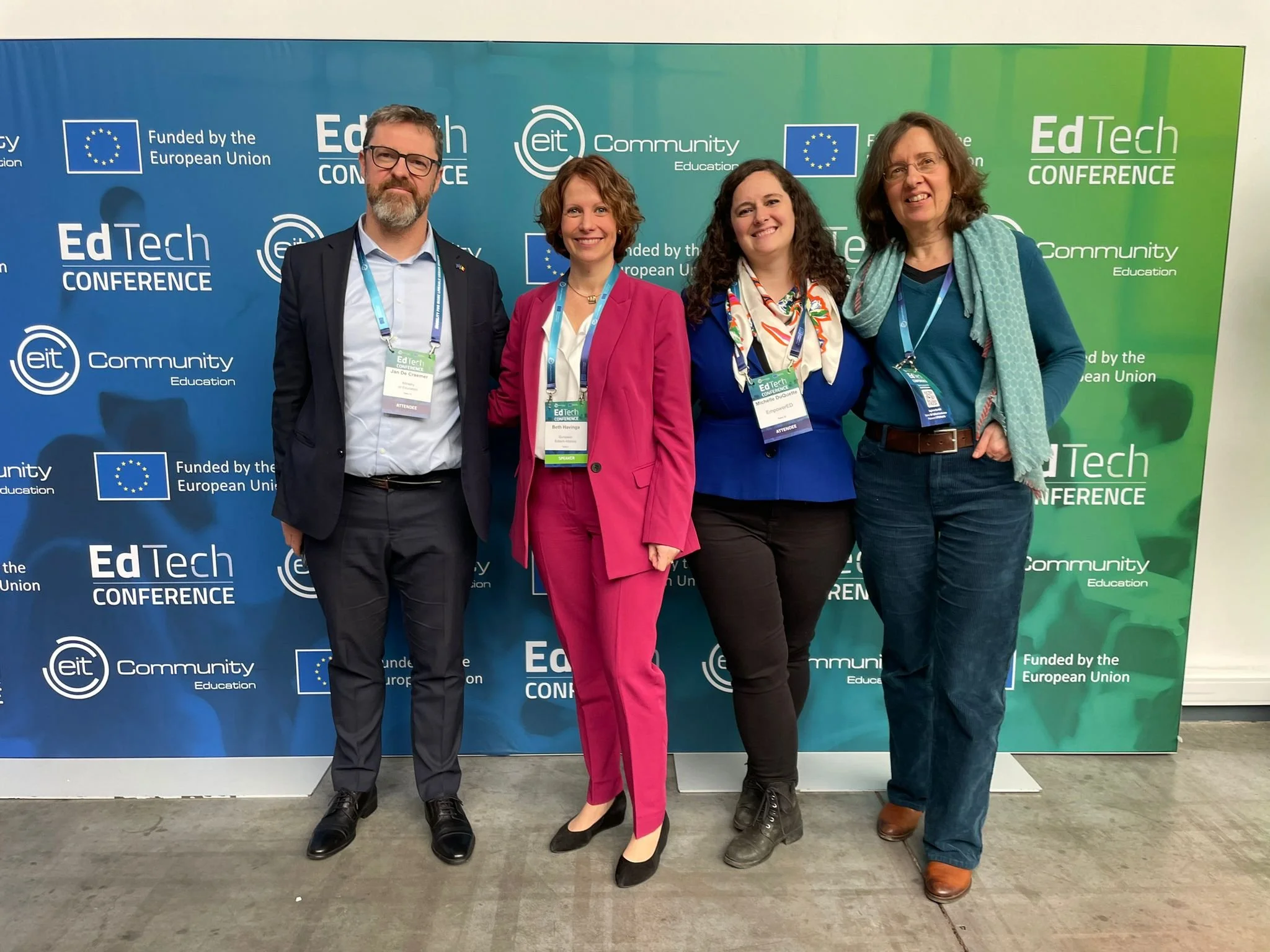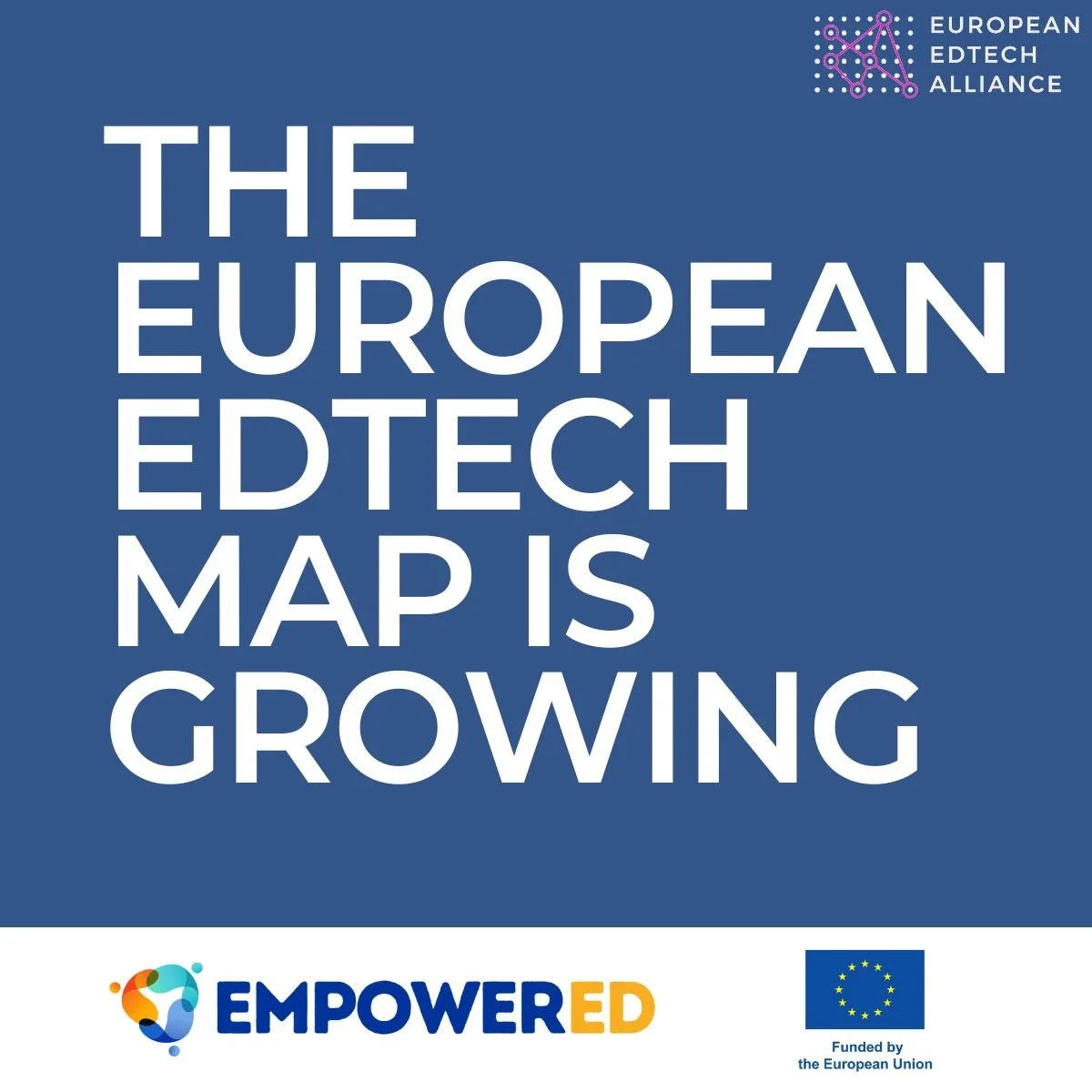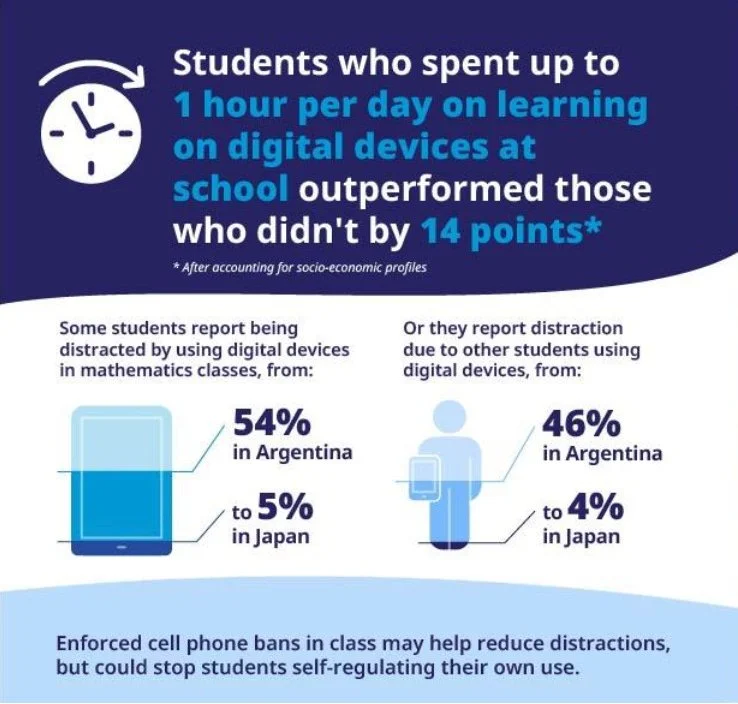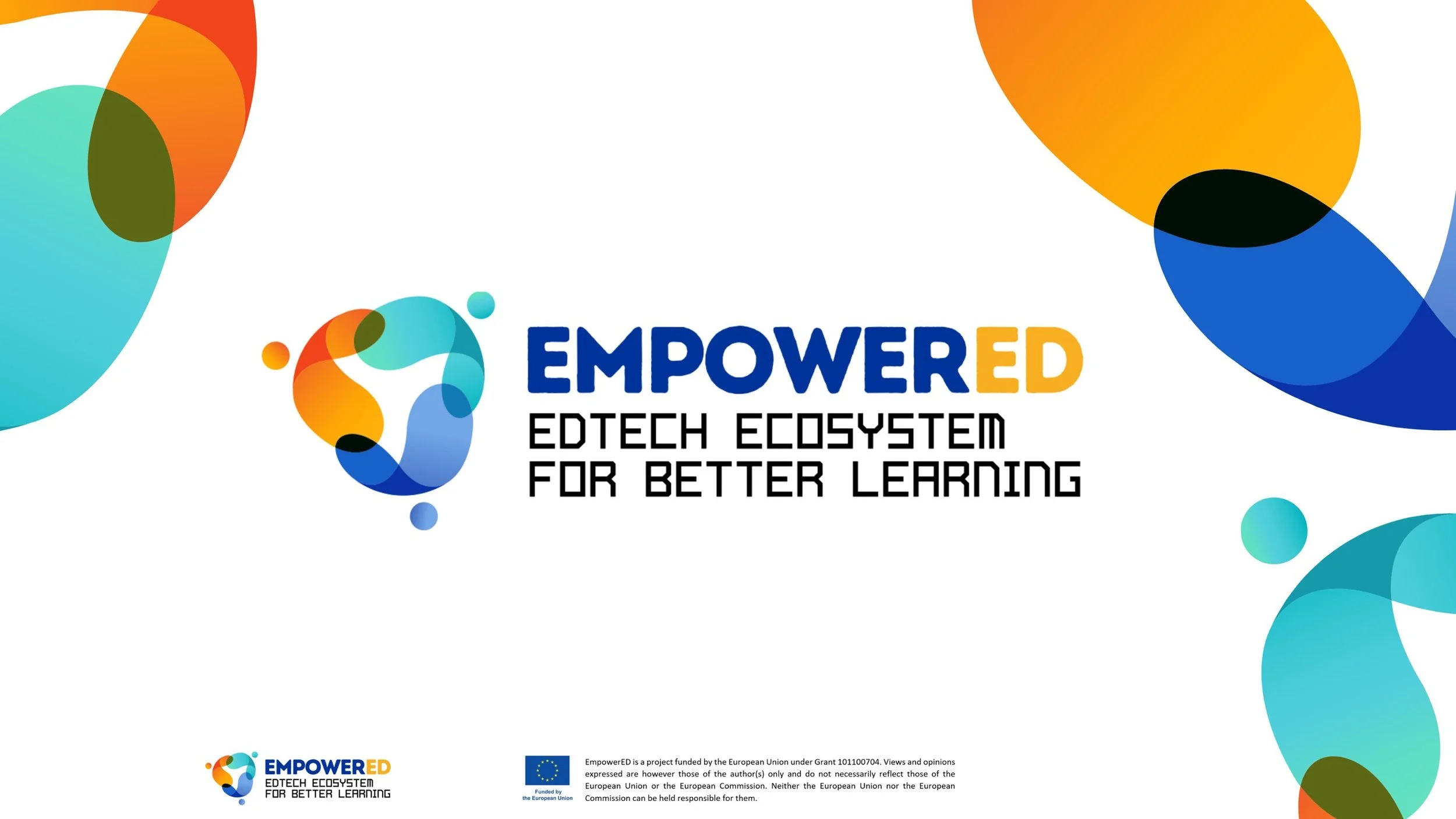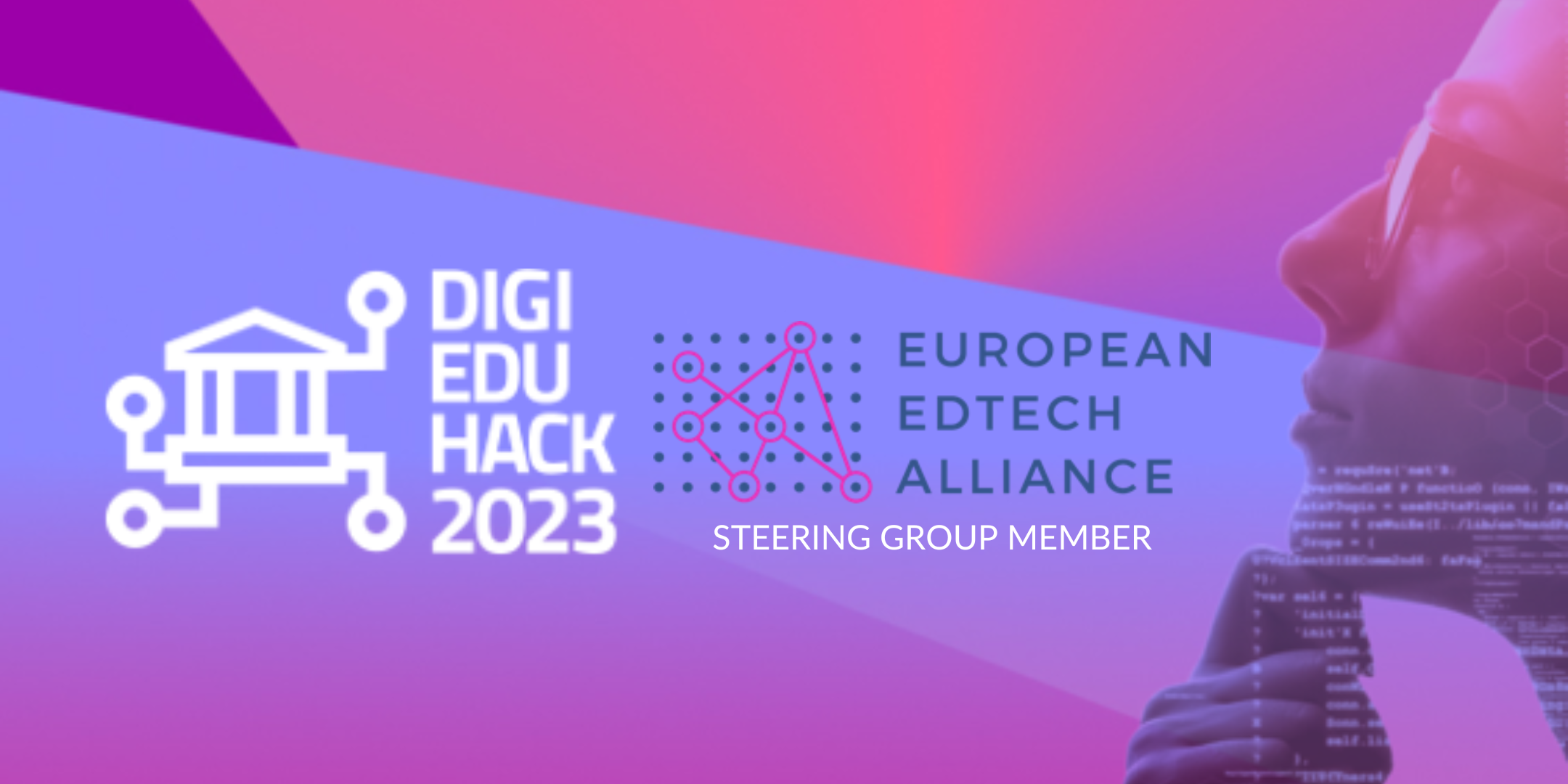News & Updates
The Digital Education Plan of the European Commission Review
A review marking the half way point of the The Digital Education Plan of the European Commission took place on the 29th of April in Brussels. This event highlighted some of the key achievements, which have occurred in the past three years.
EU AI Act
The European Parliament approved the Artificial Intelligence Act with overwhelming support, marking a significant milestone as the first major political entity to regulate AI. The main goal is to secure both European innovation and human rights. The act prohibits certain AI applications like algorithmic social scoring and exploitative practices while imposing strict regulations on high-risk AI systems used in areas like education and work. This is going to affect all companies, people and governments operating in Europe. So what is at stake here, from an educational perspective?
Global Education Coalition
Don´t miss your chance to be part of the fourth annual Global Education Coalition meeting on Monday, 25 March from 09:00 to 18:30 in Paris.
Edtech Entrepreneur Key Competencies Programme
We are happy to share the next outcome of the EmpowerED Project which is designed for learners who are taking their first steps towards entrepreneurship in the education world. The content outlines the key competencies of an entrepreneur, like the need to motivate people and build partnerships, combine resources to create an effective product and create value both for the customer and the company.
Click on read more to check out the Mini-Mooc
EEA meets Council of Europe
During the enlightening "EEA Meets… Council of Europe" webinar held on 21 February 2024, Ahmet Murat Kilic, the Head of the Council's Digital Transformation and E-learning Unit, underscored the essence of a human rights-based approach to digital education. He insightfully noted that while technology, inherently neutral, can, through its design and application, profoundly impact our rights.
UNESCO Alliance on the Science of Learning for Education
The EEA is proud to be a founding member of the Alliance, which was instigated by UNESCO in 2023.
New Project with Jacobs Foundation
To start the year, we are excited to launch a new project funded by the Jacobs Foundation exploring evidence-informed evaluation mechanisms for EdTech.
EmpowerED Publications
We are happy to share two new comprehensive reports on trends and developments in European EdTech from the pan-European EmpowerED project
BETT Show UK 2024
We were once again happy to partner with the BETT show. It was great to see so many EEA member pavilions showcasing the innovative products and services of their members!
Shaping the Future of Education: UNESCO’s Vision in Global Harmony
The landscape of education is undergoing a transformative shift, and EdTech Finland wants to be at the forefront of this revolution. Some days ago, we were part of The UNESCO Global Education Alliance presentation held by EEA (European Edtech Alliance) illuminated the path forward, spotlighting both the challenges and opportunities in the EdTech sector. Read along to read more about the 4 ideas that delve into the insights and discussions from this pivotal event, underscoring the importance of a harmonized approach to educational technology.
Mapping the EdTech Ecosystem
An early glimpse into the results from the EEA’s European EdTech Map Report 2024!
The European Edtech Alliance (EEA) has once again put the EdTech ecosystem under the magnifying glass with its yearly European EdTech Map.
Aside from this year’s focus topics of AI, evaluation, and testing in EdTech, over 1480 respondents identified funding, the fragmentation of the market and lack of access to customers and testing environments as the biggest hurdles.
Digital Learning in Focus: Navigating the PISA 2022 Insights
Digital Learning in Focus: Navigating the PISA 2022 Insights: The impact of digital technologies and the importance of high-quality education materials
Spotlight: DigiEduHack 2023 Main Stage Event
This year has seen DigiEduHack return with a scaled-up and expanded edition. After months of preparation, DigiEduHack Days started on Monday, the 6th of November, and lasted for a full week. In this timeframe, 39 hackathons were organised in Europe and beyond.
